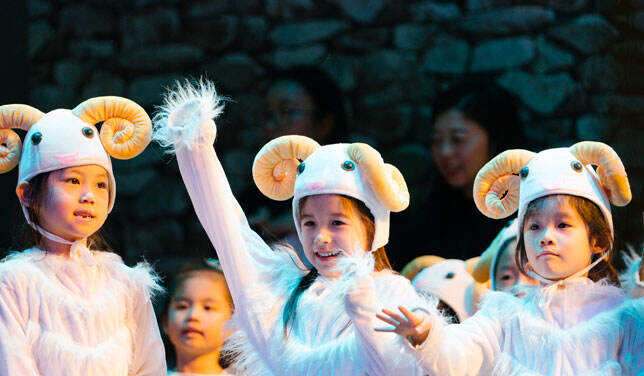Women in science | Exploring the ‘Matilda Effect’
2019-02-25
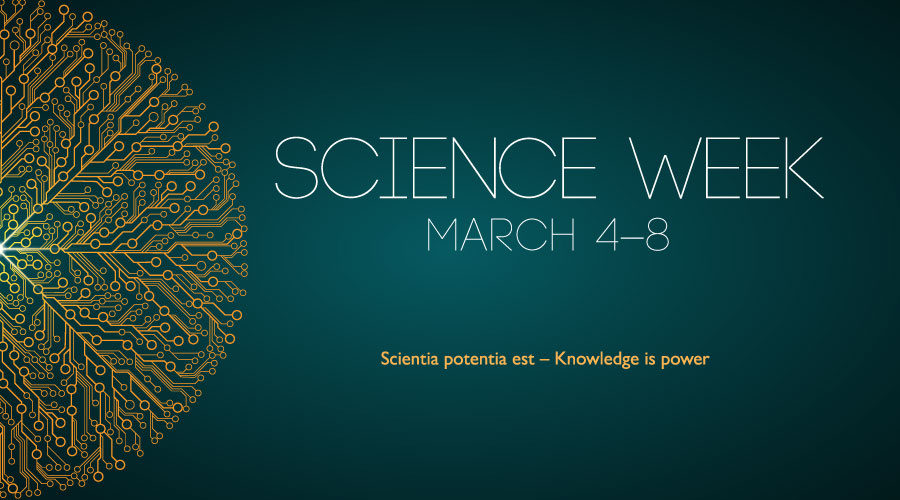
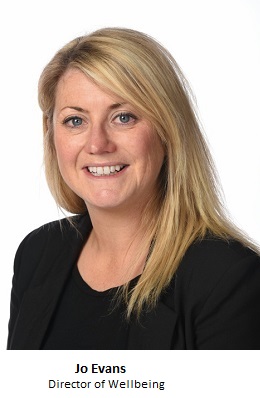 The recent arrival of my niece Matilda caused me to spend a not inconsiderable amount of time trawling though the internet in search of the perfect gift with which to welcome her into the world. Having sourced said gift (a sensory play mat, in case you were wondering), I succumbed to diversion and decided to look up historical events on her day of birth, the meaning of her name (she’s going to be ‘mighty in battle’, apparently) and famous Matildas (lots to choose from, but Roald Dahl’s character was the only one I could think of without the help of a search engine).
It was during this that I came across the ‘Matilda Effect’. The term was coined in 1933 by historian Margaret Rossiter, describing a bias against acknowledging the achievements of female scientists whose work is attributed to their male colleagues.
The recent arrival of my niece Matilda caused me to spend a not inconsiderable amount of time trawling though the internet in search of the perfect gift with which to welcome her into the world. Having sourced said gift (a sensory play mat, in case you were wondering), I succumbed to diversion and decided to look up historical events on her day of birth, the meaning of her name (she’s going to be ‘mighty in battle’, apparently) and famous Matildas (lots to choose from, but Roald Dahl’s character was the only one I could think of without the help of a search engine).
It was during this that I came across the ‘Matilda Effect’. The term was coined in 1933 by historian Margaret Rossiter, describing a bias against acknowledging the achievements of female scientists whose work is attributed to their male colleagues.
 The many documented examples of the Matilda Effect make for interesting and often anger-inducing reading. For example, in 1903, Marie Curie was only named in the awarding of the Nobel Prize for Physics on the insistence of her colleague and husband Pierre, and while there is now public acknowledgement of the contribution made by Rosalind Franklin in the discovery of DNA in 1953, it was her male colleagues, Francis Crick and James Watson, who were awarded the Nobel Prize for the work in 1962. These are just a few of the innumerable instances where women who have made significant contributions to science remain overlooked.
The many documented examples of the Matilda Effect make for interesting and often anger-inducing reading. For example, in 1903, Marie Curie was only named in the awarding of the Nobel Prize for Physics on the insistence of her colleague and husband Pierre, and while there is now public acknowledgement of the contribution made by Rosalind Franklin in the discovery of DNA in 1953, it was her male colleagues, Francis Crick and James Watson, who were awarded the Nobel Prize for the work in 1962. These are just a few of the innumerable instances where women who have made significant contributions to science remain overlooked.
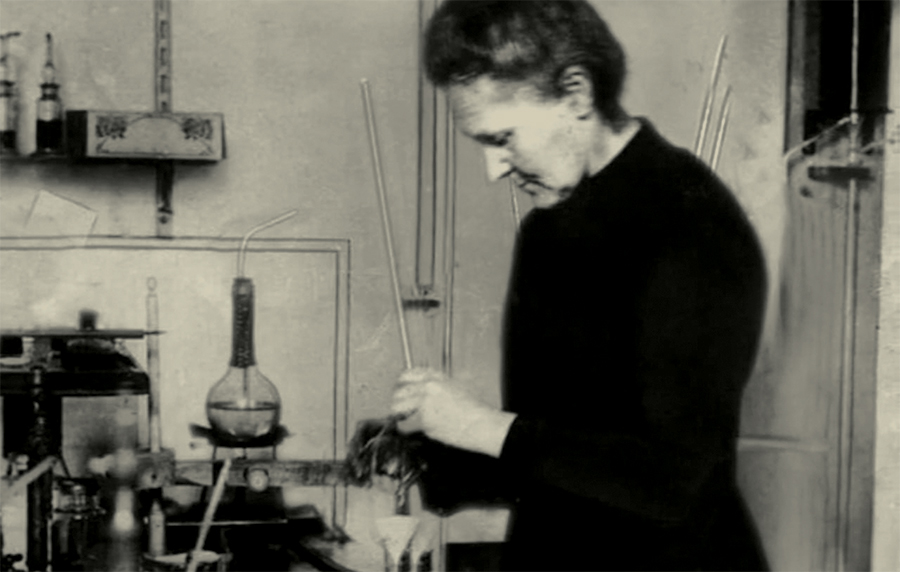 The world has come a long way since the days when society deemed women unfit to enter certain professions or education establishments. Despite being the first woman to be awarded a Noble Prize, the French Academy of Science still refused to admit Curie, a situation that fortunately seems laughable now. Even so, one study carried out in the UK last year suggested that women represent only 14.4% of all people working within STEM-based (science, technology, engineering and maths) occupations.
The world has come a long way since the days when society deemed women unfit to enter certain professions or education establishments. Despite being the first woman to be awarded a Noble Prize, the French Academy of Science still refused to admit Curie, a situation that fortunately seems laughable now. Even so, one study carried out in the UK last year suggested that women represent only 14.4% of all people working within STEM-based (science, technology, engineering and maths) occupations.
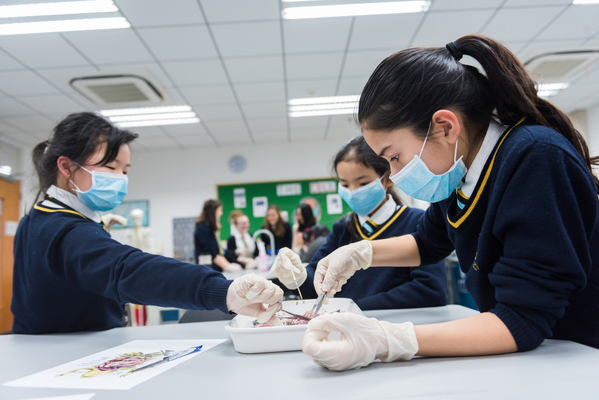 So what does motivates girls and boys to study science? A 2005 survey of upper prep school-age children suggested that boys were interested in topics such as atom bombs, black holes and deep space, and explosive chemicals, whereas girls were more interested in preventing infectious diseases, the meaning and mechanics of dreams, and the nature and potential curing of cancer. So it seems that there is a marked gender divide on the spectrum of scientific disciplines, with boys favouring topics erring towards the physics and engineering elements of scientific study, and girls favouring biology and psychology, disciplines that offer questions geared towards a clear functional and human purpose.
So what does motivates girls and boys to study science? A 2005 survey of upper prep school-age children suggested that boys were interested in topics such as atom bombs, black holes and deep space, and explosive chemicals, whereas girls were more interested in preventing infectious diseases, the meaning and mechanics of dreams, and the nature and potential curing of cancer. So it seems that there is a marked gender divide on the spectrum of scientific disciplines, with boys favouring topics erring towards the physics and engineering elements of scientific study, and girls favouring biology and psychology, disciplines that offer questions geared towards a clear functional and human purpose.
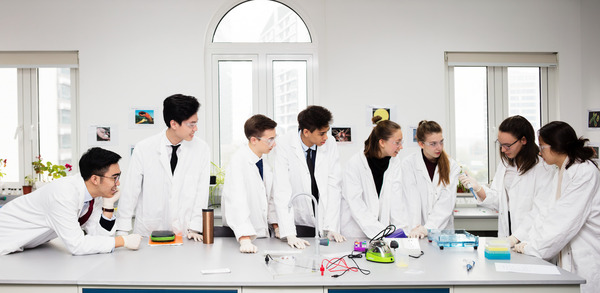 This trend is reflected in our current IB cohort at Wellington (all diploma pupils are required to take at least one science subject), where we find two girls taking physics, compared to six boys, but 15 girls studying biology alongside only three boys. The gender divide evens out slightly in chemistry; eight girls and six boys. It is worth noting that chemistry is a requirement for medicine courses at university, the only science field where there is a consistently even gender split in applicants for places.
This trend is reflected in our current IB cohort at Wellington (all diploma pupils are required to take at least one science subject), where we find two girls taking physics, compared to six boys, but 15 girls studying biology alongside only three boys. The gender divide evens out slightly in chemistry; eight girls and six boys. It is worth noting that chemistry is a requirement for medicine courses at university, the only science field where there is a consistently even gender split in applicants for places.
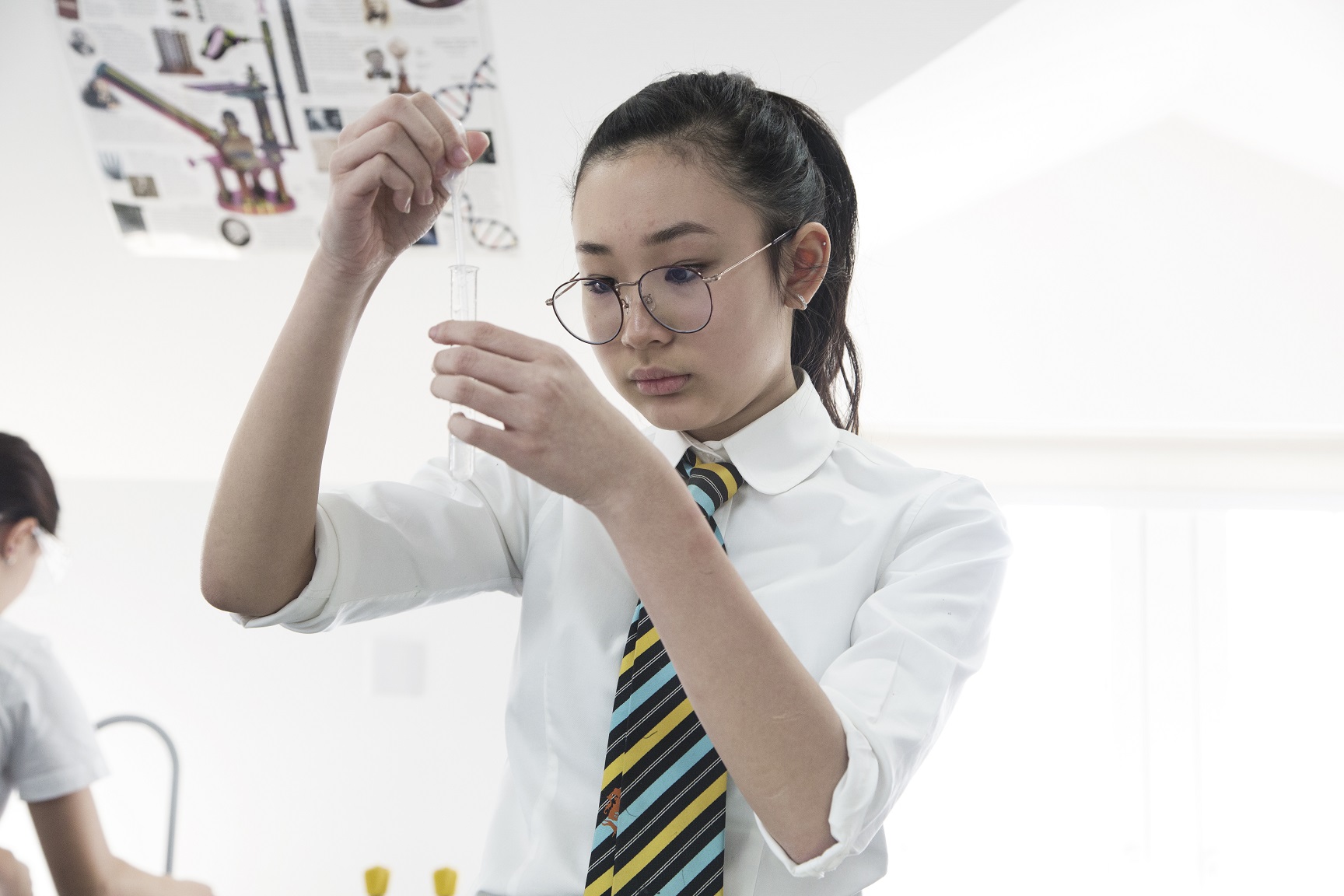 It’s certainly arguable that the gender debate has developed in such a way as to perpetuate stereotypes about science and scientists. Assertions that science is not creative or intuitive are common and scientists in popular culture are more often represented as male. Gender stereotypes surrounding perception of intellectual ability and the perceived gender and social status of specific fields and disciplines – science and mathematics are tough and masculine and high status, while drama and art are soft and feminine and lower status – are formed in early childhood. There are many studies that provide evidence that children’s experiences prior to the age of 14 are the major determinant of any decision to study a particular subject, regardless of nationality or other social factors. The decision to not study science is often subconsciously taken before a child has had the opportunity to encounter what science actually is.
It’s certainly arguable that the gender debate has developed in such a way as to perpetuate stereotypes about science and scientists. Assertions that science is not creative or intuitive are common and scientists in popular culture are more often represented as male. Gender stereotypes surrounding perception of intellectual ability and the perceived gender and social status of specific fields and disciplines – science and mathematics are tough and masculine and high status, while drama and art are soft and feminine and lower status – are formed in early childhood. There are many studies that provide evidence that children’s experiences prior to the age of 14 are the major determinant of any decision to study a particular subject, regardless of nationality or other social factors. The decision to not study science is often subconsciously taken before a child has had the opportunity to encounter what science actually is.
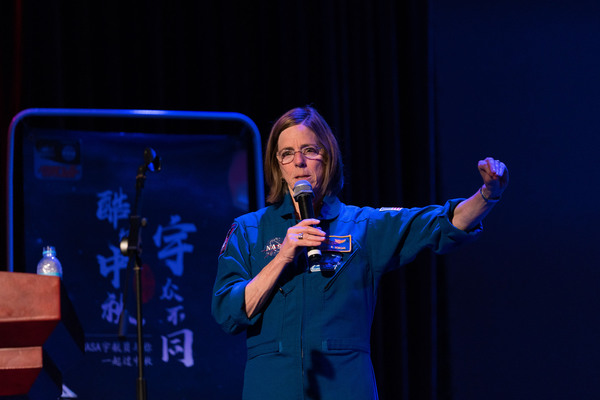 As the closing of this year’s upcoming Science Week coincides with International Women’s Day, it’s important that we take the time to consider the message we send to young people about the pathways that are open to them. For many of our younger pupils, stereotypes surrounding gender and fields of study have yet to be formed and for our older pupils, there is nothing to suggest that such stereotypes have yet imbedded. This is why it is so important that we recognise and explicitly reinforce the message that both genders are equally adept and capable of engaging with all scientific disciplines. Our recent visit by NASA astronaut Barbara Morgan, the year 3 science project and fair, and Science Week are just a few examples of how the Wellington curriculum aims to expose pupils to the true nature of science and the possibilities it offers to anyone interested in its exploration.
As the closing of this year’s upcoming Science Week coincides with International Women’s Day, it’s important that we take the time to consider the message we send to young people about the pathways that are open to them. For many of our younger pupils, stereotypes surrounding gender and fields of study have yet to be formed and for our older pupils, there is nothing to suggest that such stereotypes have yet imbedded. This is why it is so important that we recognise and explicitly reinforce the message that both genders are equally adept and capable of engaging with all scientific disciplines. Our recent visit by NASA astronaut Barbara Morgan, the year 3 science project and fair, and Science Week are just a few examples of how the Wellington curriculum aims to expose pupils to the true nature of science and the possibilities it offers to anyone interested in its exploration.
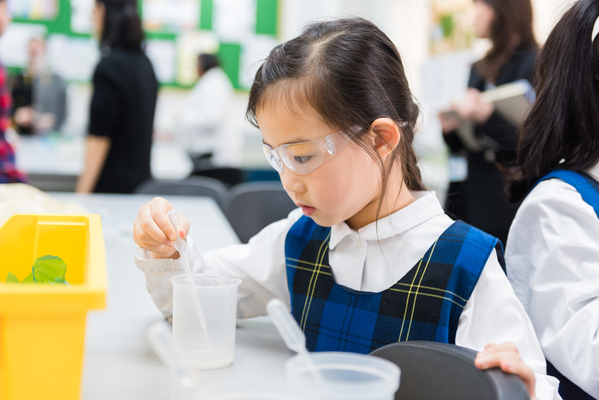 My niece Matilda, will enter university in 2038. There is no way of knowing what she will study. Indeed, given the rate of advancement in STEM fields, there is every chance that her chosen course of study will be on a subject matter so futuristic that universities have yet to develop it. Regardless, I hope that by the time she gets there, the Matilda Effect will be nothing more than a footnote; a cautionary tale from a less enlightened and inclusive time.
My niece Matilda, will enter university in 2038. There is no way of knowing what she will study. Indeed, given the rate of advancement in STEM fields, there is every chance that her chosen course of study will be on a subject matter so futuristic that universities have yet to develop it. Regardless, I hope that by the time she gets there, the Matilda Effect will be nothing more than a footnote; a cautionary tale from a less enlightened and inclusive time.
Science Week 2019 starts next week!
Scientia potentia est – Knowledge is power
[wellington_wistia]6szpuifupd[/wellington_wistia]
相关资讯

不要错过上海惠灵顿第二届舞蹈表演"Connecting eMotions."2025-04-17
诚邀您参加 5 月 8 日的 “Connecting eMotions”--我校的第二届舞蹈表演! 我们将隆重推出 “Connecting eMotions”,这是来自舞蹈资优学生项目和舞蹈辅助课程教学活动的学子们联袂献上的第二场表演。 今年的主题是颂扬连结的力量--既有情感上的,也有合作上的。我们的舞者通过团队协作共同创造出充满活力的作品,不仅视觉效果震撼,而且内涵丰富。在此过程中,他们培养了
点击阅读

What is iGEM and our project, Barnacure?2025-10-09
iGEM Competition & Barnacure Team Members Team Illustration by Joanna, Year 11Article written Jing Jing, Year 11Primary Principal Investigator: Thomas Edwards, Head of Biology & Head of Science What
点击阅读

立即报名惠灵顿2025 年Summer Festival: 超级英雄集结!2025-04-22
一年一度的Summer Festival即将于5月10日盛大开启!作为惠灵顿引以为傲的传统活动,这一天不仅是校园的欢乐盛会,更是我们凝聚社区精神、共庆校园文化的重要时刻。今年,我们以“超级英雄”为主题,诚邀每一位成员以创意装扮亮相,共同打造一场充满活力与热情的庆典。 不要错过!扫描海报上的二维码进行购票 欢乐嘉年华特别放送 想清凉一夏就来海王戏水乐园打水仗,爱热闹的一定要锁定正义联盟大舞台的精彩
点击阅读








